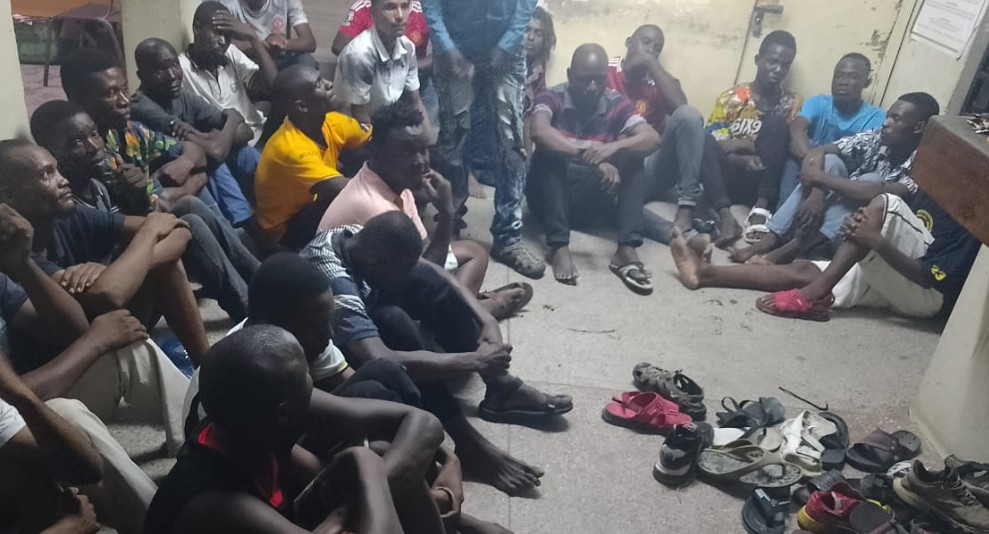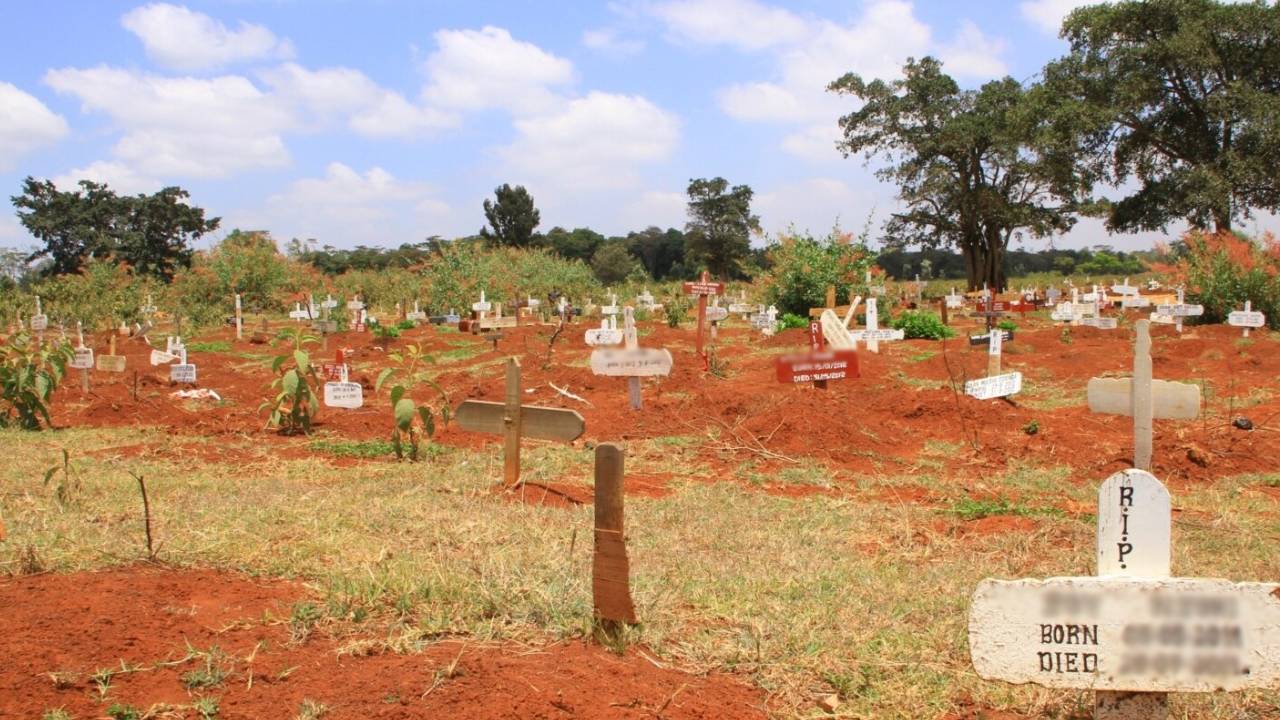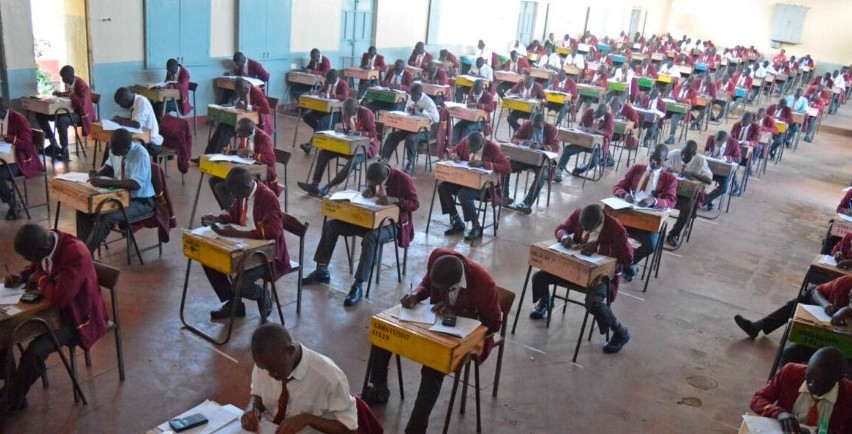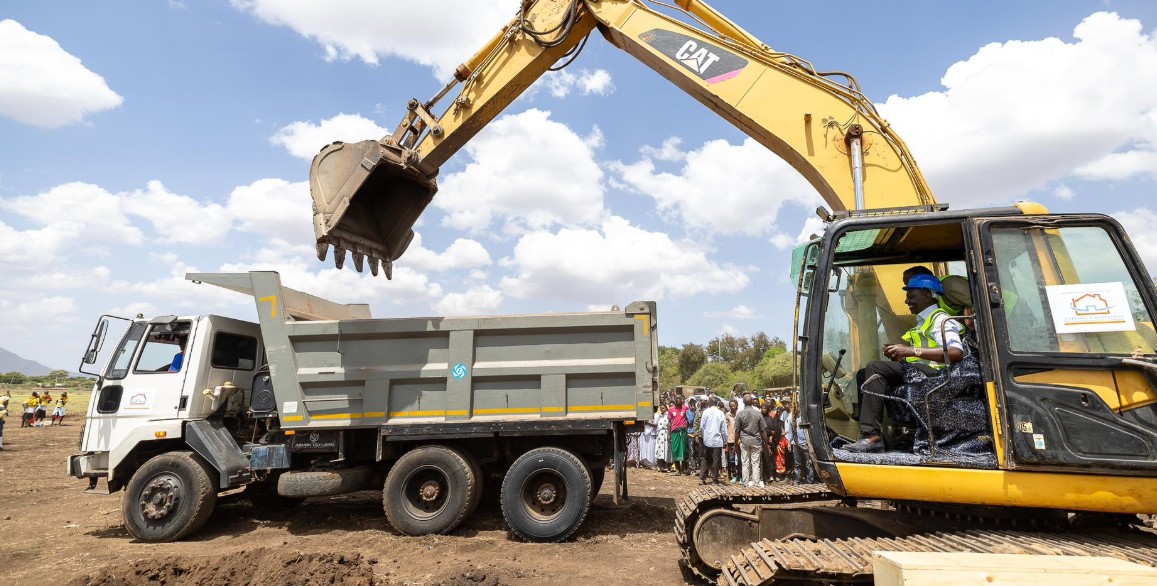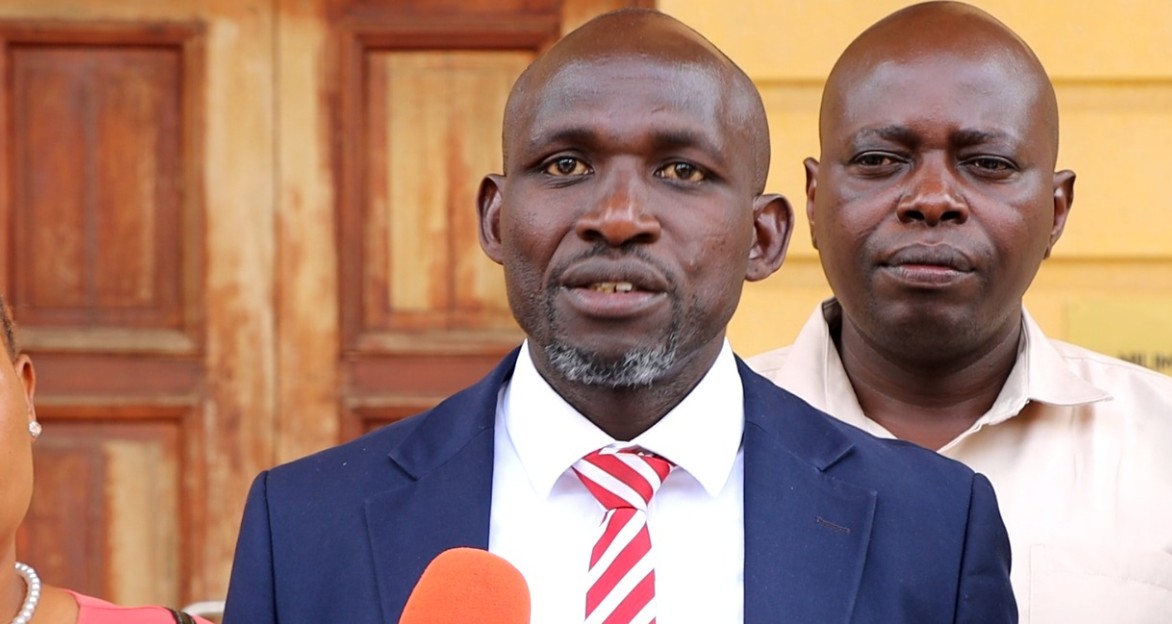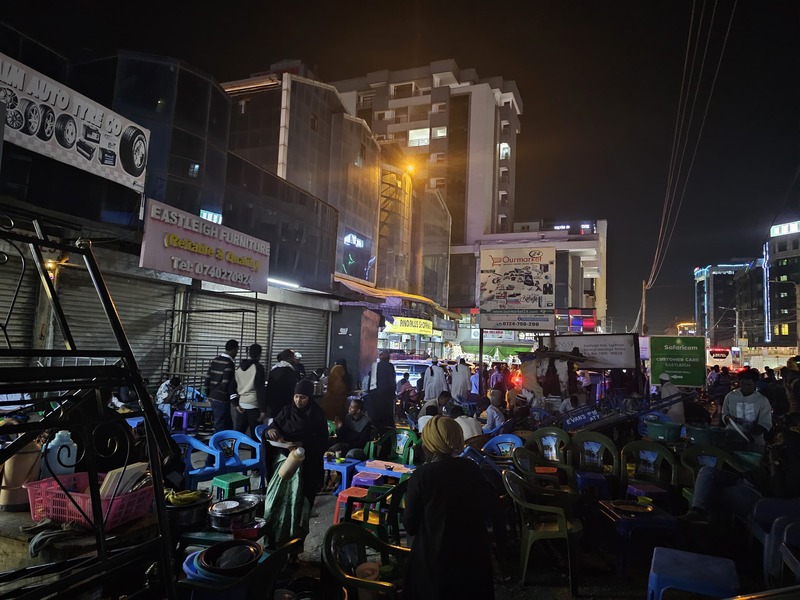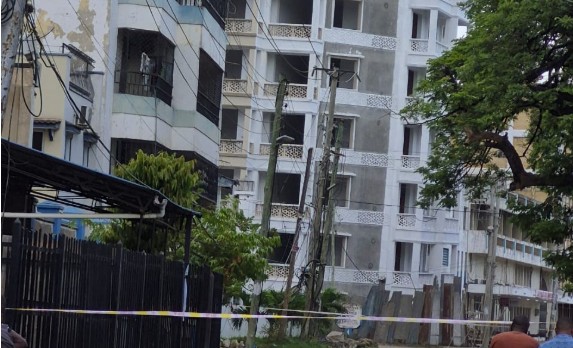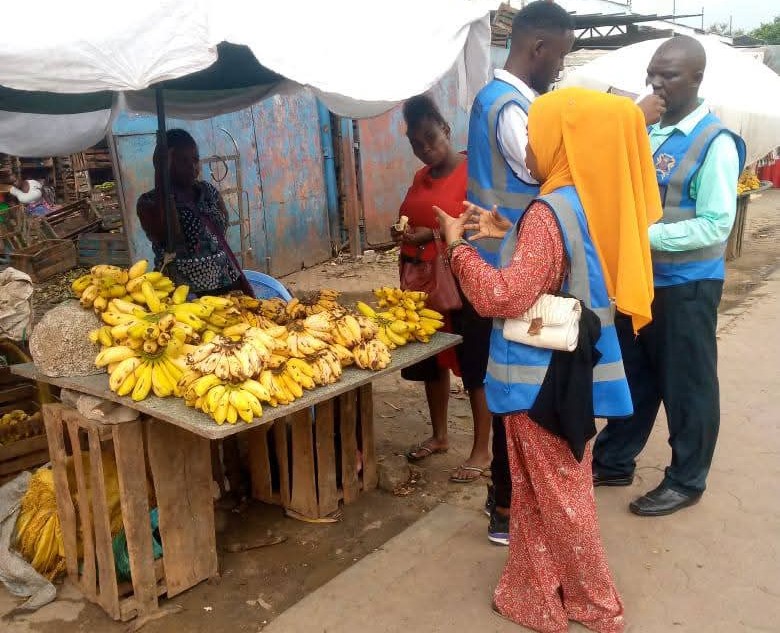Qualifications authority flags over 10,000 fake certificates during verification
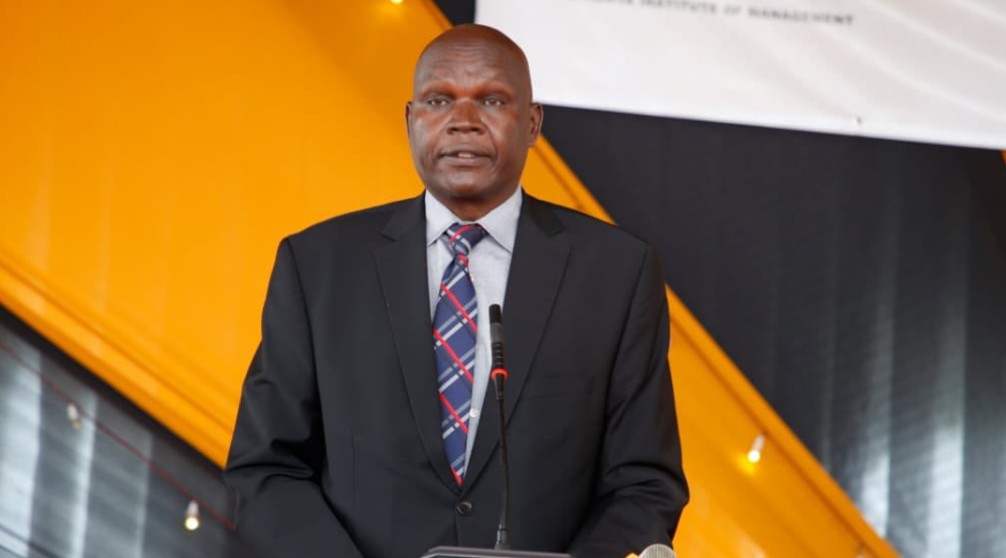
Kiptis explained that while the current results highlight the extent of the issue, KNQA expects a clearer picture by the end of the year when the exercise is projected to be 80 per cent complete.
The Kenya National Qualifications Authority (KNQA) has flagged over 10,000 counterfeit certificates as part of an ongoing effort to verify academic credentials across government institutions.
This revelation follows the submission of 47,000 files from around 400 agencies in line with a 2022 directive requiring the validation of employee qualifications.
More To Read
- Foreigners among four suspects charged in Mombasa with giving fake PhD, masters degrees
- Over 400 civil servants fired for using fake academic certificates
- Fake academic papers, impunity among Kenya’s biggest corruption hurdles – EACC boss
- Majority of Kenyans willing to participate in corruption, EACC survey finds
KNQA Chairman Stanley Kiptis confirmed that the flagged documents had been sent back to the relevant institutions for further action.
He expressed concerns over the slow pace of the verification process, urging institutions to expedite the submission of their employees' credentials.
“We urge all government institutions to comply with the circular and submit their employees’ files for verification,” Kiptis said.
“If you are funded by taxpayers and have employees under you, kindly abide by the directive and send their documents for authentication,” he said.
The exercise aims to eliminate unqualified individuals from public office, ensuring integrity within the public service sector.
Kiptis explained that while the current results highlight the extent of the issue, KNQA expects a clearer picture by the end of the year when the exercise is projected to be 80 per cent complete.
To address the issue, KNQA is collaborating with the Ministry of Education and other stakeholders to create a national database of all issued certificates.
The KNQA chairman revealed that institutions issuing certificates will be required to establish their own databases, which will be integrated into the KNQA system to enable seamless verification.
Kiptis made the remarks during a public participation forum on the proposed KNQA General Regulations 2025 in Kisumu.
The forum is part of KNQA’s efforts to refine the regulations in response to ongoing developments in the education sector, both locally and internationally.
He assured that KNQA would continue working with relevant agencies to streamline the authentication process for academic qualifications.
Top Stories Today






